Better Hearing Blog
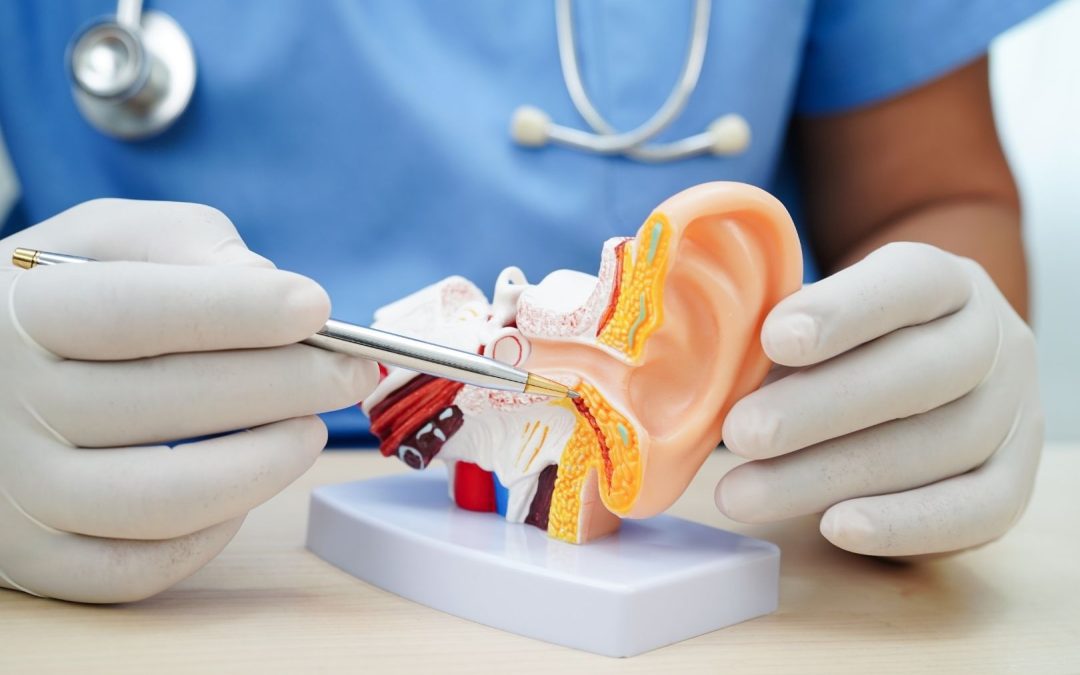
Early Detection of Hearing Loss
Hearing loss often develops gradually, making it hard to notice until conversations feel difficult or loved ones mention missed words. Detecting hearing changes early can have a profound impact on your communication, relationships, and overall quality of life.
At Better Hearing, we provide comprehensive hearing tests in NH for adults of all ages. Our experienced audiologists offer compassionate, expert care to help you protect your hearing and maintain an active, connected lifestyle.
Why Early Detection Matters
Better Communication and Stronger Relationships
Clear hearing is essential for staying connected to the people and world around you. Early detection allows for timely treatment, helping you enjoy conversations, laughter, and social interaction without frustration or repeated questions.
Protect Your Cognitive Health
Research shows a strong link between untreated hearing loss and cognitive decline. Addressing hearing issues early keeps your brain active, socially engaged, and mentally sharp, supporting overall cognitive well-being.
Access to More Comfortable, Advanced Solutions
Early intervention often means more subtle, effective treatment options. Modern hearing aids in NH are discreet, comfortable, and technologically advanced, giving you a range of customized solutions to suit your lifestyle.
Increased Confidence and Safety
Treating hearing loss promptly enhances your ability to navigate daily life, hear important alarms and announcements, and communicate in noisy environments. Early care restores confidence, independence, and peace of mind.
Peace of Mind Through Preventive Care
Even if your hearing seems normal, a baseline hearing test provides valuable information for future comparisons. Like regular dental or vision checkups, routine hearing screenings are an essential part of preventive health.
Take Action: Schedule Your Hearing Test Today
Don’t wait for hearing difficulties to interfere with your daily life. Better Hearing in NH is here to provide thorough hearing evaluations, early detection, and personalized solutions to keep your hearing clear and healthy.
Schedule your hearing test today and take the first step toward better communication, confidence, and overall well-being.
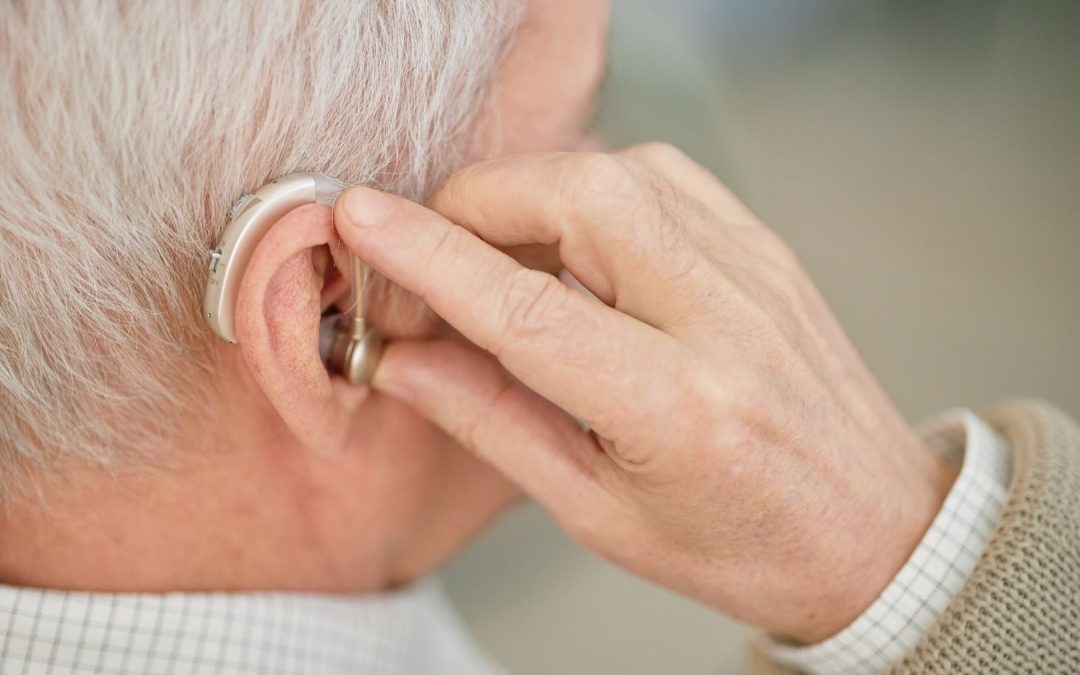
Common Myths About Hearing Aids (And the Truth Behind Them)
Hearing aids are often surrounded by misconceptions that can delay people from seeking the help they need. At Better Hearing, our goal is to separate fact from fiction and show how modern hearing technology can dramatically improve quality of life.
If you’re considering hearing aids, here’s the truth behind some common myths.
Myth 1: “Hearing aids are bulky and noticeable.”
Truth: Modern hearing aids are sleek, small, and nearly invisible. Some fit entirely inside the ear canal, while others rest discreetly behind the ear. Many models connect wirelessly to phones, TVs, and other devices, combining convenience with advanced technology.
Myth 2: “Only seniors wear hearing aids.”
Truth: Hearing loss can affect people of all ages, from children to young adults, especially those exposed to loud noise. Our audiologists provide personalized solutions for patients at every stage of life, ensuring hearing aids meet each individual’s needs and lifestyle.
Myth 3: “Hearing aids make everything too loud.”
Truth: When professionally fitted by a hearing specialist, hearing aids amplify speech selectively while minimizing background noise. This provides clear, comfortable listening in any environment without overwhelming volume.
Myth 4: “Hearing aids are too expensive.”
Truth: There’s a wide range of hearing aids to fit different budgets, and many insurance plans now offer coverage. The long-term benefits, improved communication, enhanced safety, and increased confidence, far outweigh the cost.
Myth 5: “I can get by without them.”
Truth: Ignoring hearing loss can allow it to worsen over time. The brain may lose the ability to process certain sounds, making later treatment more challenging. Early intervention with hearing aids helps maintain an active, healthy hearing system.
Take the First Step Toward Better Hearing
Hearing aids today are discreet, powerful, and life-changing. Don’t let myths prevent you from experiencing clearer, more confident hearing.
Contact Better Hearing today for professional hearing tests and hearing aid fittings in NH. Our trusted audiologists provide personalized care and guidance to help you choose the best solution for your hearing needs.
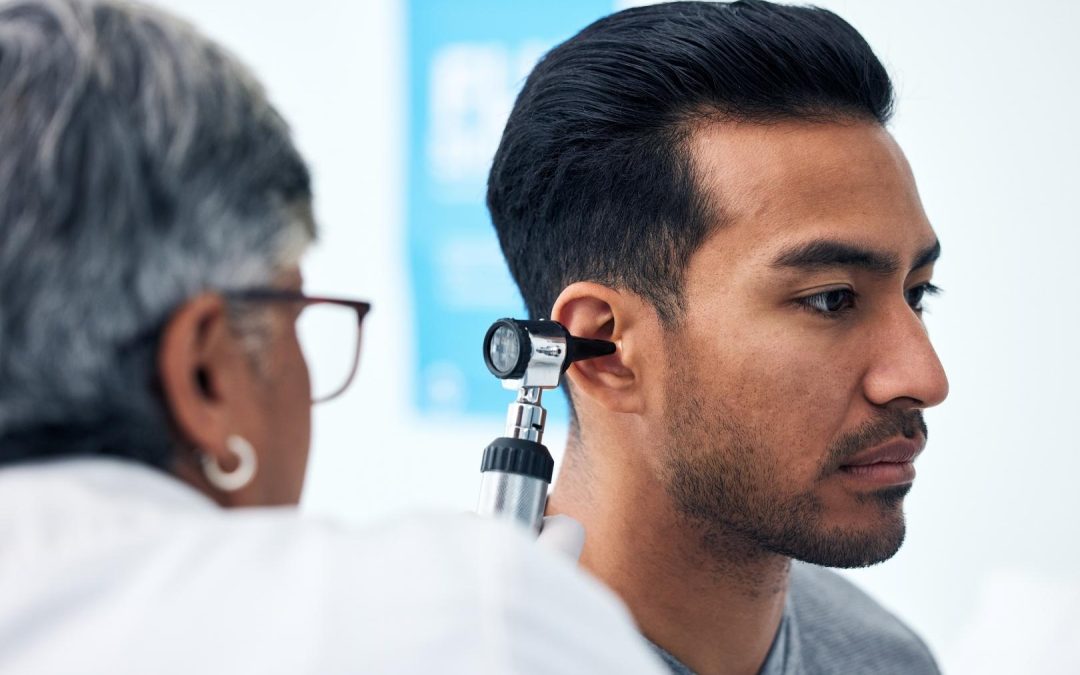
The Importance of Regular Hearing Tests: The Key to Better Hearing
When it comes to your health, hearing is often overlooked. Many people wait until they notice significant difficulties before seeking help, but by then, damage may already be done. Just like regular eye exams or dental checkups, routine hearing tests play an essential role in maintaining long-term ear health.
If you’ve ever wondered where to get hearing tested, you’re not alone. More people are realizing that early detection of hearing loss can be crucial in treatment and quality of life. At Better Hearing Center LLC, we offer complete diagnostic hearing tests to ensure you’re getting the most out of your hearing health.
Why Early Detection Matters
Hearing loss often happens gradually, making it easy to miss. Routine hearing tests help identify small changes before they become bigger issues. Early detection allows an audiologist or hearing specialist to recommend solutions, such as monitoring, lifestyle adjustments, or hearing aids.
Preventing Further Damage
Just like you’d want to catch vision problems before they worsen, the same applies to hearing. Without early detection, untreated hearing loss can lead to communication struggles, social isolation, and even cognitive decline. Scheduling hearing tests every few years helps prevent potential issues ahead.
Get Personalized Hearing Care in NH: Contact Better Hearing Center Today!
At Better Hearing Center, we provide audiology services tailored to your unique needs. If your hearing test shows that hearing aids could help, our team will guide you through the best options to hear more clearly and comfortably. Don’t wait—schedule your hearing test with our Concord, NH audiologists today. We’re here to support you every step of the way on your journey to better hearing.

How to Know if It’s Time for Hearing Aids?
Recognizing the Early Signs of Hearing Loss
Hearing loss can sneak up on you. You may find yourself asking people to repeat themselves, turning up the TV volume, or struggling to follow conversations in noisy places. While these changes may seem small, they can be early indicators that it’s time to consider hearing aids.
At Better Hearing Center LLC, we help people just like you recognize the signs and find the right solutions. If you’ve been wondering whether you might need help, here are a few signs it could be time.
Signs You Might Benefit from Hearing Aids
- Difficulty understanding speech: If voices sound muffled or unclear, especially in group settings, it’s time to look into diagnostic hearing tests in NH.
- Turning up the volume: Relying on loud TV or radio volume can be a strong indicator.
- Withdrawing from conversations: If you avoid social settings because listening is tiring, a hearing specialist in your area can help.
If you relate to any of these, scheduling a hearing test is the first step. Our audiologists can determine the extent of your hearing loss and guide you toward the best solutions.
Why Hearing Aids Make a Difference
Today’s hearing aids are smaller, more advanced, and more comfortable than ever before. At Better Hearing Center, we specialize in hearing aids that are tailored to your lifestyle. Whether you need subtle in-ear devices or advanced technology for busy environments, our hearing services ensure the right fit.
Take Action with Confidence: Contact Better Hearing Center in NH Today!
Don’t wait to improve your hearing—early action can enhance communication, relationships, and overall well-being. At Better Hearing Center, our expert audiologists provide reliable hearing tests and personalized guidance to help you find the right hearing aids for your needs. If you’ve noticed changes in your hearing, schedule your test today and start your journey to better hearing with confidence. We’re here to support you every step of the way.
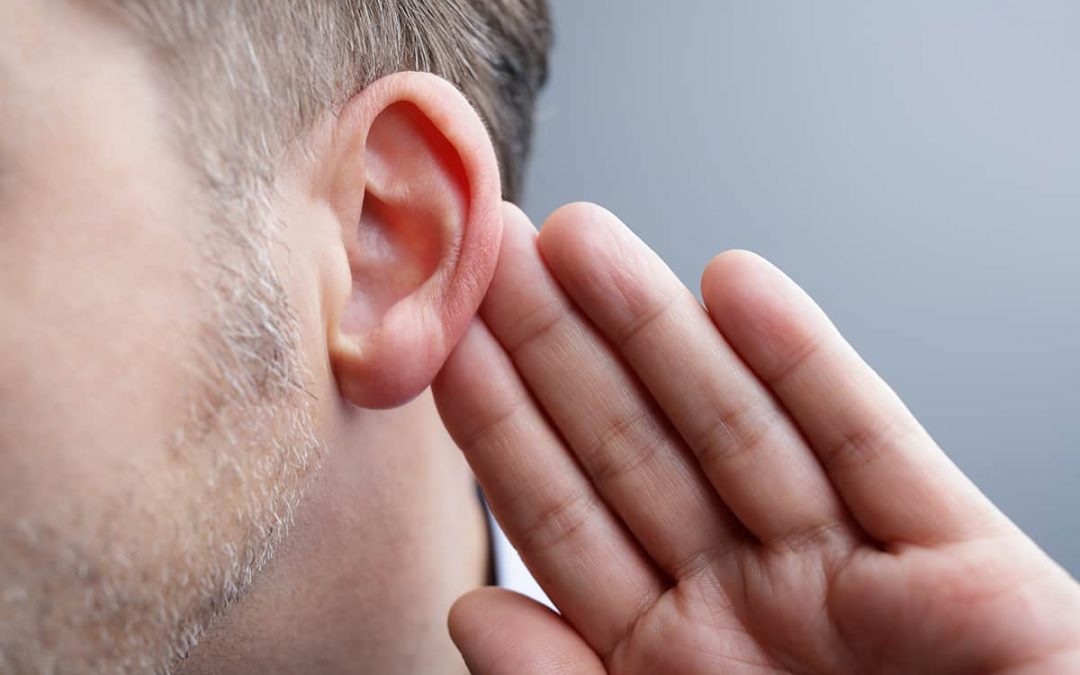
Signs You Need to Visit a Hearing Specialist in NH
Your hearing health plays a crucial role in your overall quality of life, from maintaining strong relationships to staying safe in your environment. Unfortunately, hearing loss often develops gradually, making it easy to overlook the signs. Recognizing when it’s time to consult a hearing specialist in NH is essential for protecting your hearing and enjoying life to the fullest.
Here are Some Key Signs that You Need to See a Hearing Specialist:
Difficulty Following Conversations
If you often find yourself asking people to repeat themselves or struggling to follow conversations, especially in noisy environments, it may be time to see a hearing specialist. This is one of the earliest and most common signs of hearing loss.
Turning Up the Volume
Do you frequently turn up the volume on your TV, phone, or radio to levels that others find too loud? This could be a sign that your hearing ability has diminished and requires attention.
Missing Everyday Sounds
Noticing that you’re missing subtle sounds, such as birds chirping, a doorbell ringing, or someone calling your name, can indicate hearing loss. These everyday sounds are often the first to fade as hearing declines.
Straining to Hear in Noisy Settings
Many people with hearing loss find it especially challenging to hear clearly in noisy environments like restaurants, meetings, or family gatherings. If background noise makes conversations difficult, it’s worth consulting a hearing specialist in NH.
Tinnitus or Ringing in the Ears
A persistent ringing, buzzing, or whooshing sound in your ears, known as tinnitus, is a common symptom of hearing issues. A hearing specialist can assess and recommend solutions to manage tinnitus.
Family and Friends Noticing Changes
Sometimes, the people around you notice changes in your hearing before you do. If loved ones frequently comment on your hearing or suggest you get it checked, it’s wise to take their concerns seriously.
Feeling Isolated or Frustrated
Hearing loss can make social situations frustrating and lead to feelings of isolation. If you’re withdrawing from conversations or avoiding activities you once enjoyed, a hearing specialist can help improve your quality of life.
Why See Our Hearing Specialist in NH?
Consulting a local hearing specialist offers numerous benefits:
- Personalized Care: A hearing specialist in NH understands the unique needs of the community and provides tailored solutions.
- Convenience: Accessing care close to home means easier follow-ups and ongoing support.
- State-of-the-Art Technology: Local specialists often use advanced diagnostic tools to ensure accurate assessments and effective treatments.
What to Expect During Your Visit
When you visit our hearing specialists in NH, you’ll undergo a thorough evaluation, including a detailed hearing test and a discussion of your symptoms. Based on the results, our specialists will recommend the best course of action, whether it’s hearing aids, assistive devices, or other solutions.
Take the First Step Today: Contact Our Hearing Specialists at Better Hearing Center LLC in NH
If you’re experiencing any of these signs, don’t wait to seek help. Addressing hearing issues early can prevent further decline and improve your daily life. At Better Hearing Center LLC, our experienced team is dedicated to helping you hear your best. Schedule your appointment with our trusted hearing specialists in NH today and take the first step toward better hearing health.
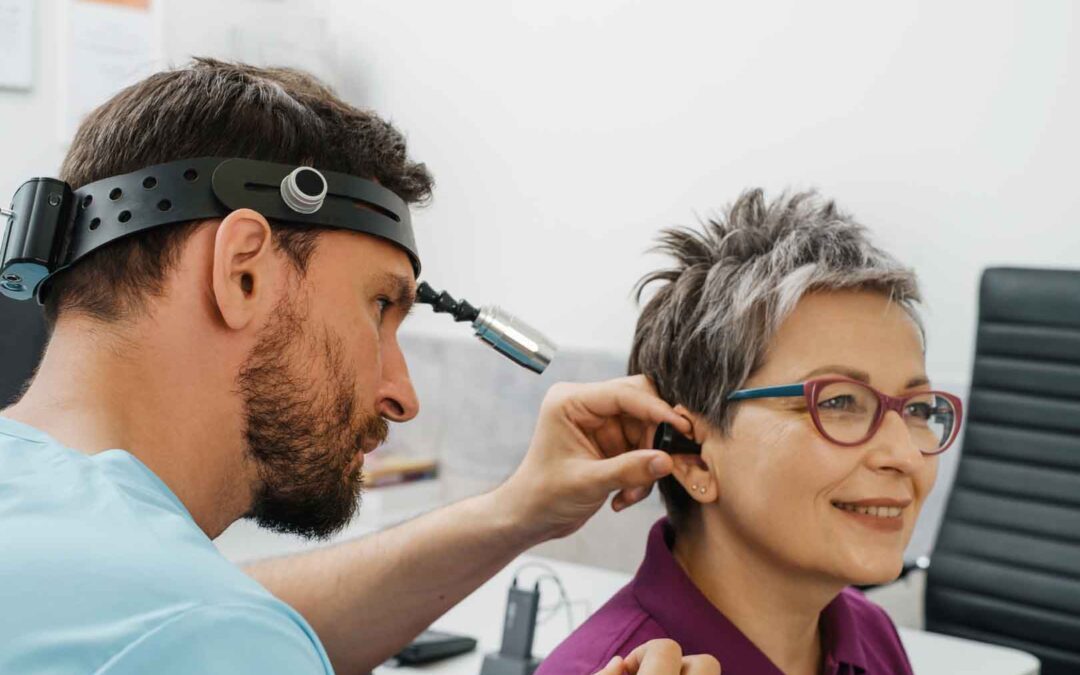
How an Audiologist Can Help Improve Your Hearing Health
Hearing is an essential sense that allows us to connect with the world around us. However, as we age or experience certain health conditions, hearing loss can become a reality for many. If you’re experiencing hearing issues or just want to maintain good hearing health, seeing our audiologist in NH can make a significant difference. At Better Hearing Center PLLC in Concord, NH, we provide expert care to help you regain or preserve your hearing health, no matter your age or condition.
What Does an Audiologist Do?
An audiologist is a healthcare professional who specializes in diagnosing, managing, and treating hearing loss and balance disorders. At Better Hearing Center, our audiologists are equipped with the latest tools and technology to conduct comprehensive hearing tests and provide personalized treatment options for every patient.
Some of the key services we offer include:
- Hearing Tests: A thorough hearing test can assess the extent of any hearing loss you may have and identify potential causes.
- Hearing Aids: Our audiologists are skilled in fitting hearing aids that match your specific needs and lifestyle.
- Personalized Consultations: One-on-one consultations allow us to understand your unique situation and recommend tailored solutions.
- Ongoing Support: Whether it’s follow-up appointments, adjusting your hearing aids, or providing tips for better hearing health, we’re here for you.
The Importance of Early Detection
Hearing loss often develops gradually, and it can be difficult to notice in its early stages. Regular visits to our audiologist in NH can help you catch hearing issues before they worsen. Early detection allows for timely intervention, such as the use of hearing aids or other assistive devices, which can significantly improve your quality of life. It’s also worth noting that untreated hearing loss can lead to cognitive decline, social isolation, and difficulty communicating with loved ones.
How Hearing Aids Improve Your Life
Many people fear that hearing aids are bulky or difficult to use. However, modern hearing aids are sleek, discreet, and packed with advanced technology. Our audiologists ensure that your hearing aids are comfortable and perfectly suited to your hearing loss. Some benefits include:
- Enhanced communication: You’ll be able to hear conversations clearly, even in noisy environments.
- Improved safety: Hearing better helps you stay aware of your surroundings, whether you’re crossing the street or hearing alarms.
- Better cognitive health: Studies show that addressing hearing loss can help maintain brain health and prevent cognitive decline.
Hearing Care for All Ages
Hearing health isn’t just for seniors. At Better Hearing Center, we work with patients of all ages, from children experiencing hearing difficulties to older adults in nursing homes and assisted living facilities. We understand that each patient’s hearing health needs are unique, and we provide personalized care to ensure you’re receiving the best possible treatment.
Take Control of Your Hearing Health Today
If you’re experiencing hearing loss or just want to ensure your hearing is in good condition, visiting our audiologist in NH is an important step. At Better Hearing Center PLLC, our experienced audiologists are committed to improving your hearing health with personalized care and the latest technology. From performing hearing tests to fitting hearing aids, we’re here to help you enjoy life with clear, crisp sound.
Schedule an appointment today to take the first step towards better hearing health!

